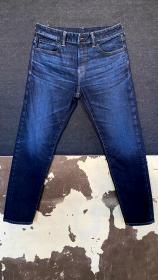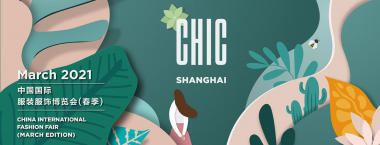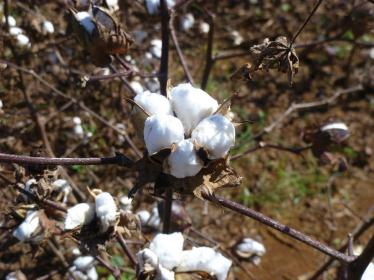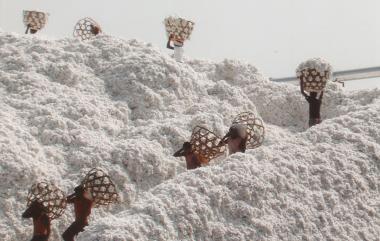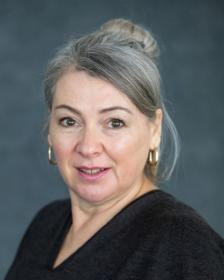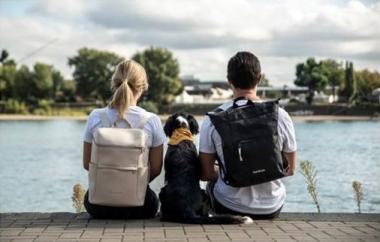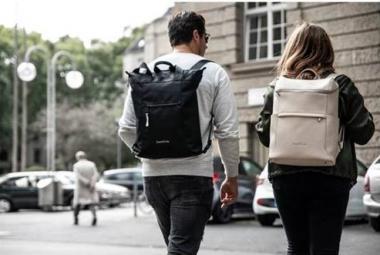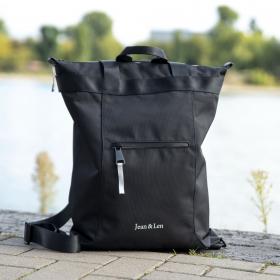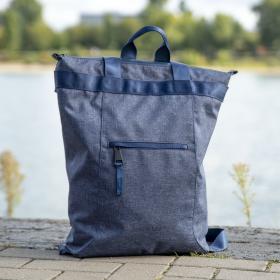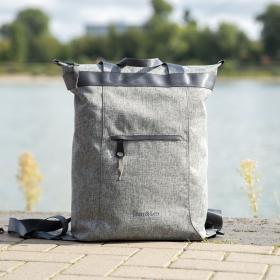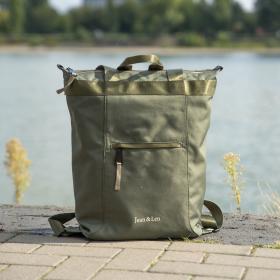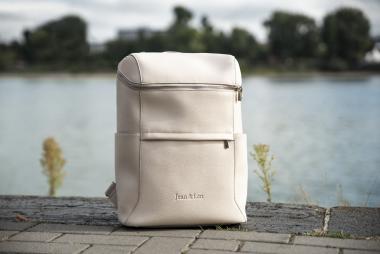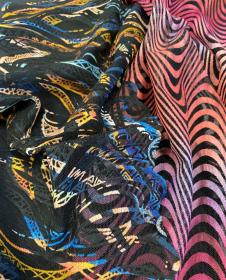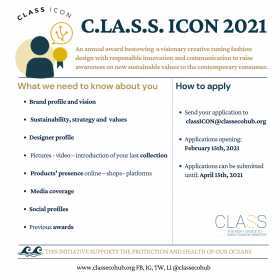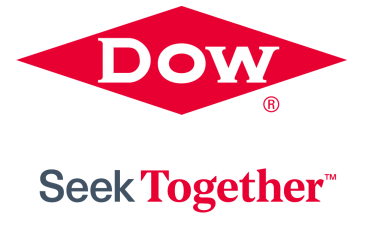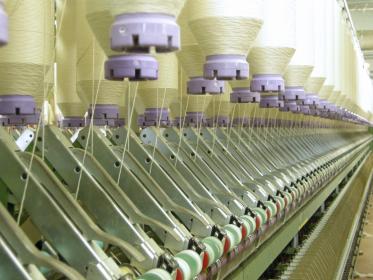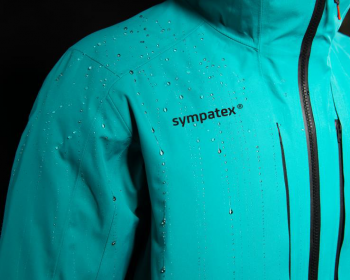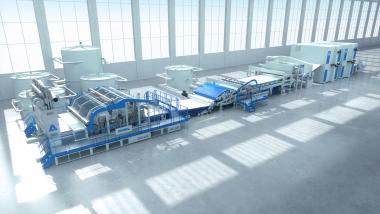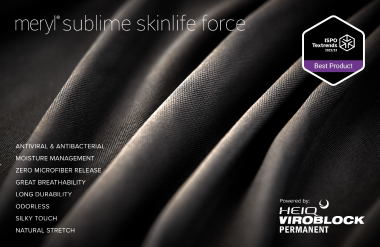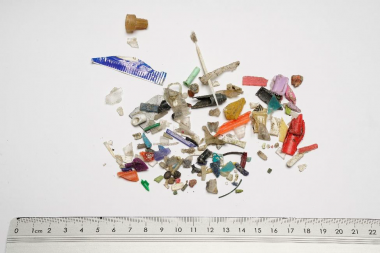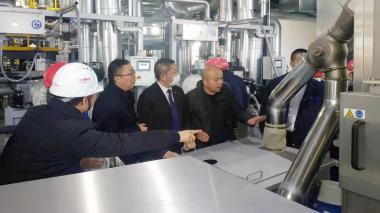Tessitura Colombo: Intimissimi's new Sustainable Collection
Intimissimi, a famous lingerie brand, gives an edge of responsible innovation with Tessitura Colombo recycled and plant-based colored ingredients.
Intimissimi, a renowned lingerie brand, constantly engaged in research and development of innovative collections expressed through its performances: for this collection, the lingerie brand has selected made in Italy ingredients of Tessitura Colombo, a lace manufacturer that has always prioritized the protection of the environment and natural resources.
"Nature's dream", coming to stores this spring, is the name of the new line that wants to be inspired by nature and where sustainability is fully integrated throughout premium recycled ingredients and natural plant dyed process. "Nature's dream" is part of the sustainable families of the #intimissimicares collection, that is created to comply with short and long-term sustainability objectives: attention to the usage of natural resources, protection of the environment, control of the supply chain and choice of sustainable fibres.
GB Network






